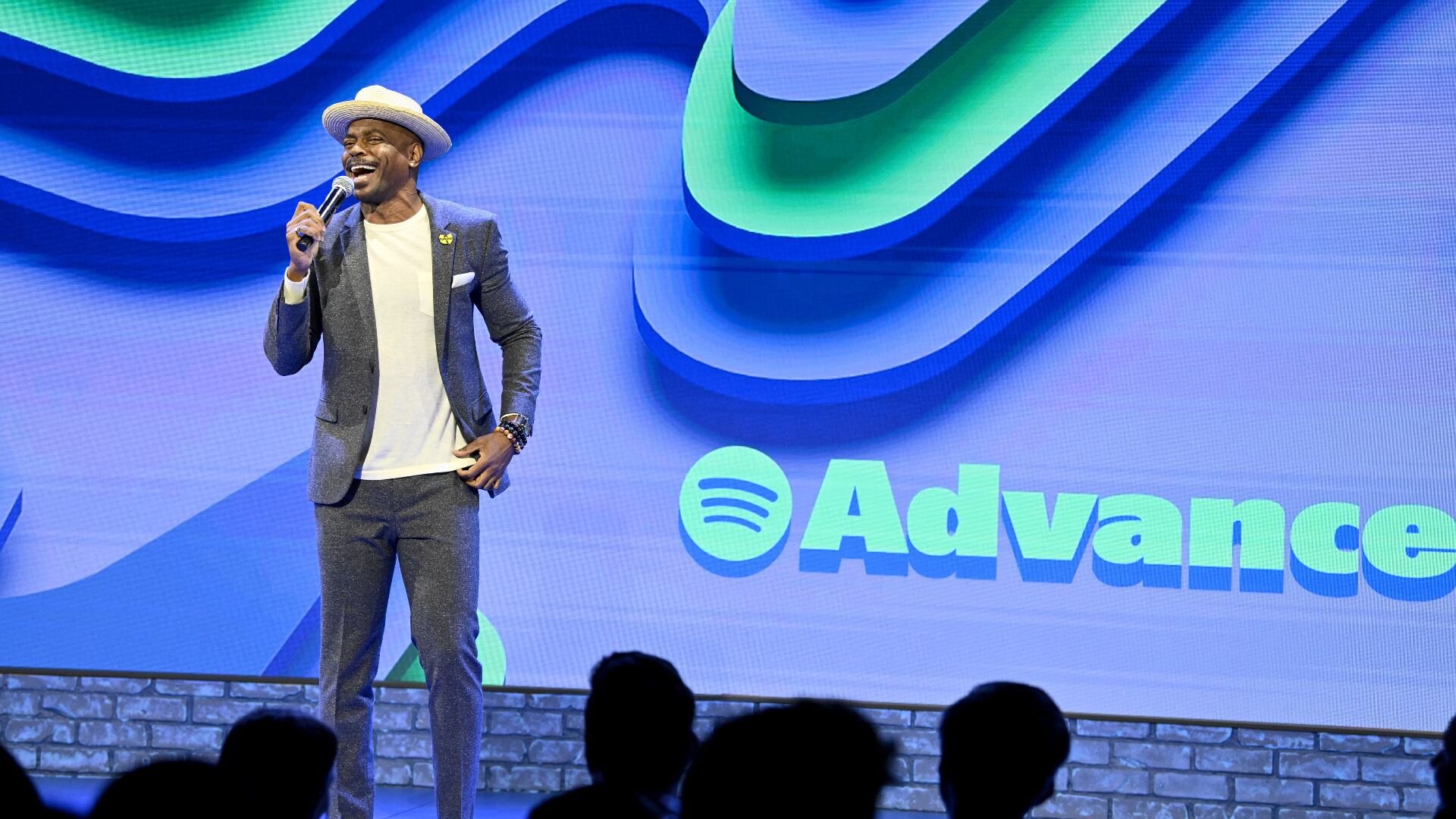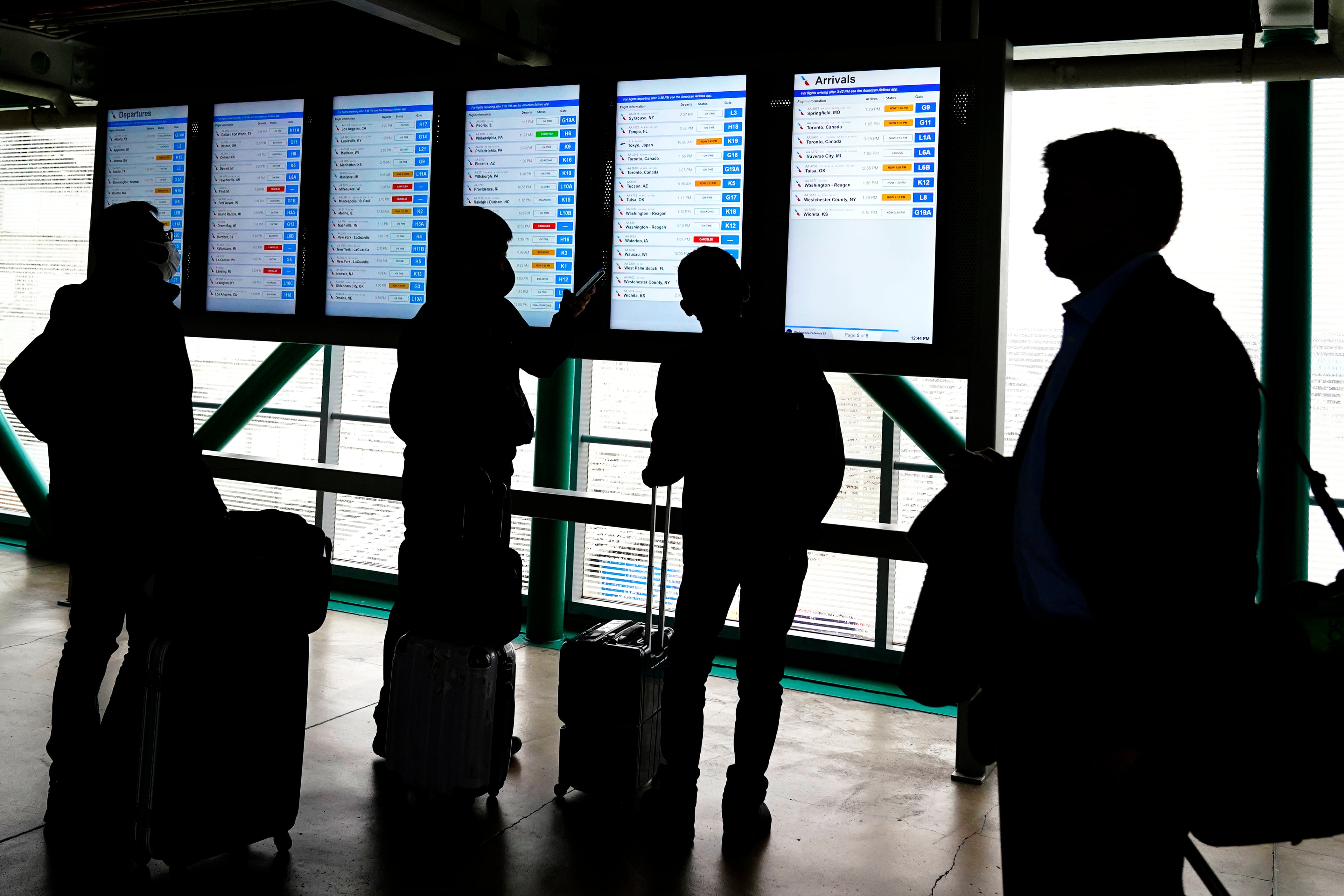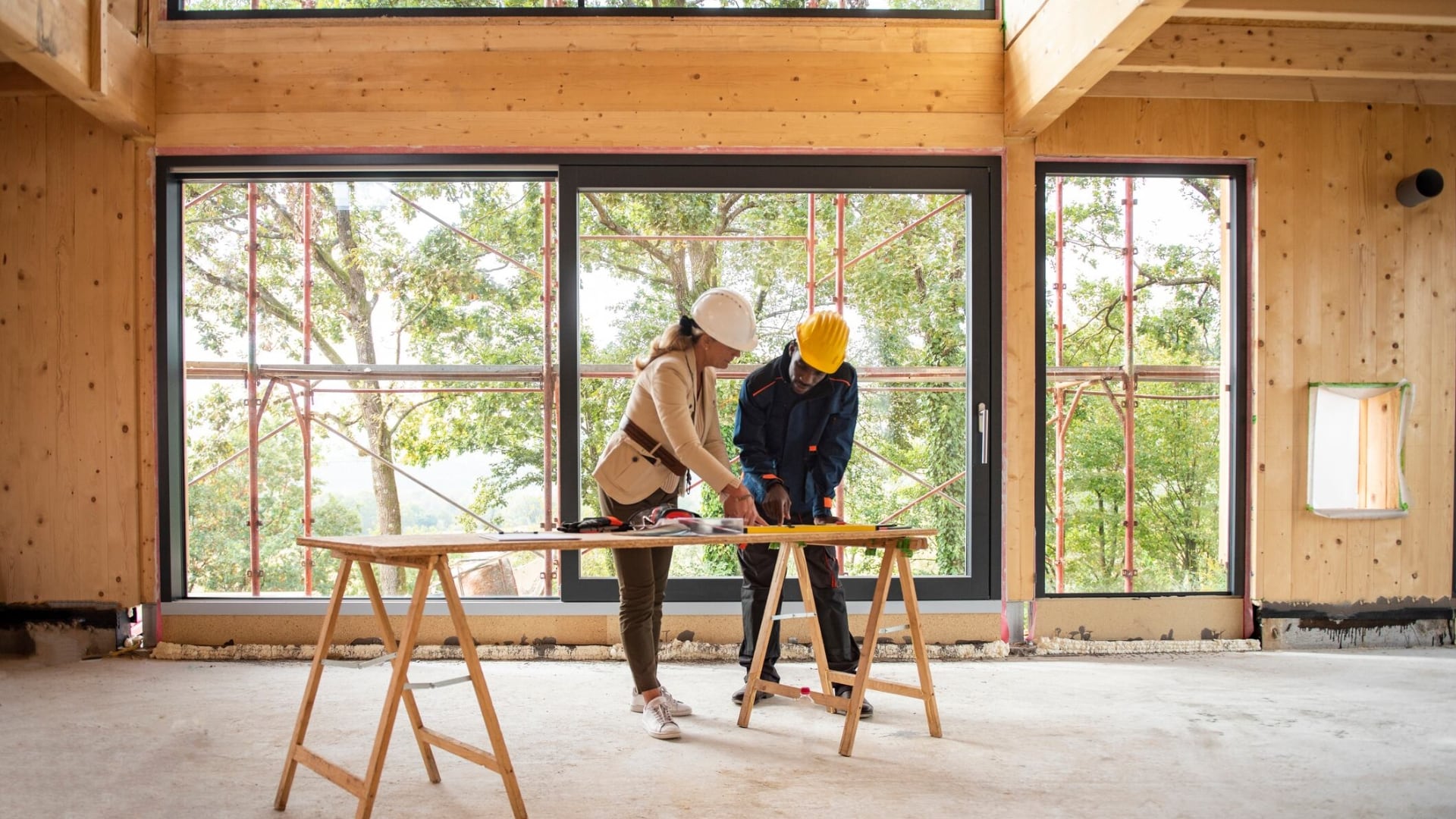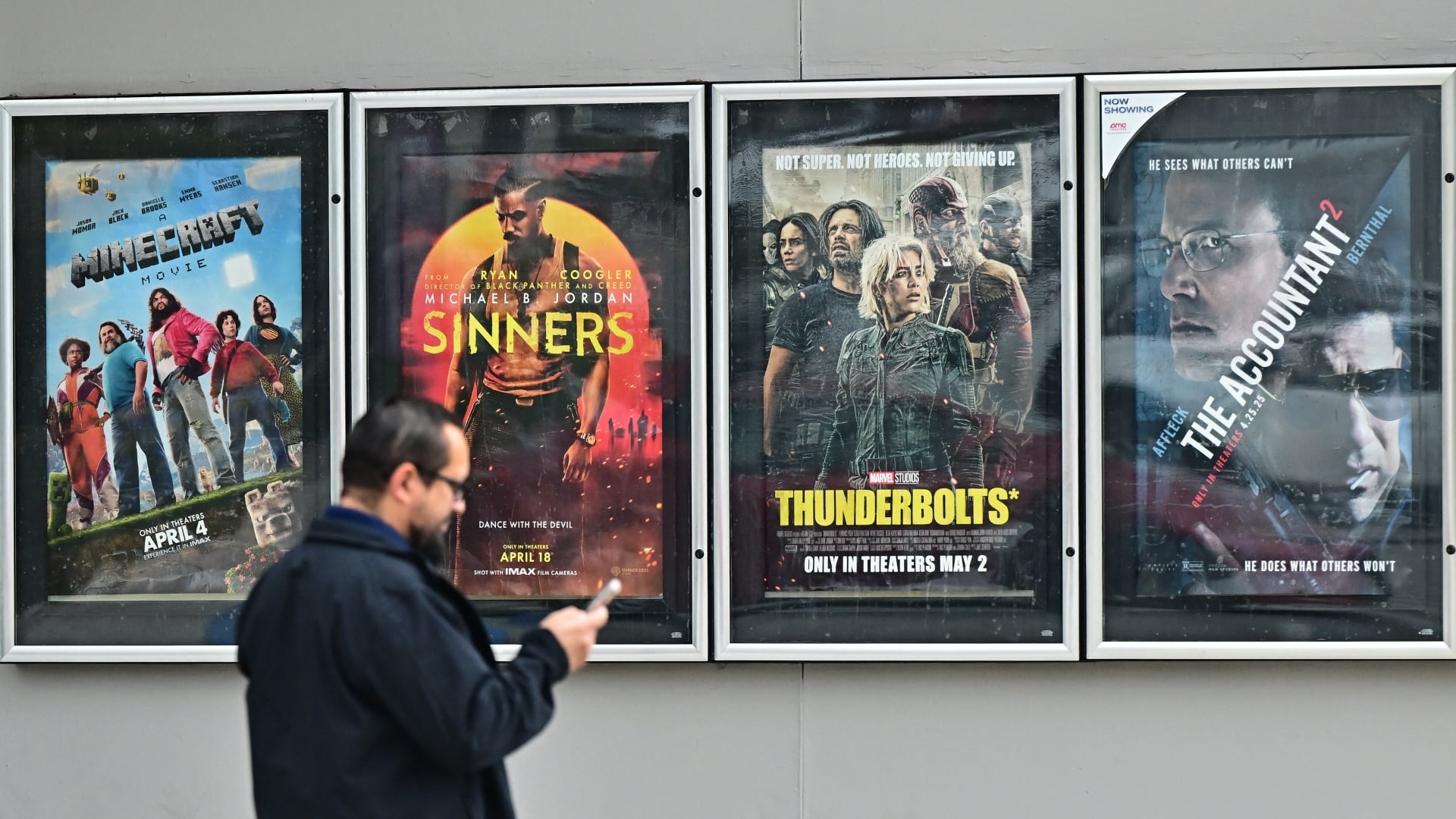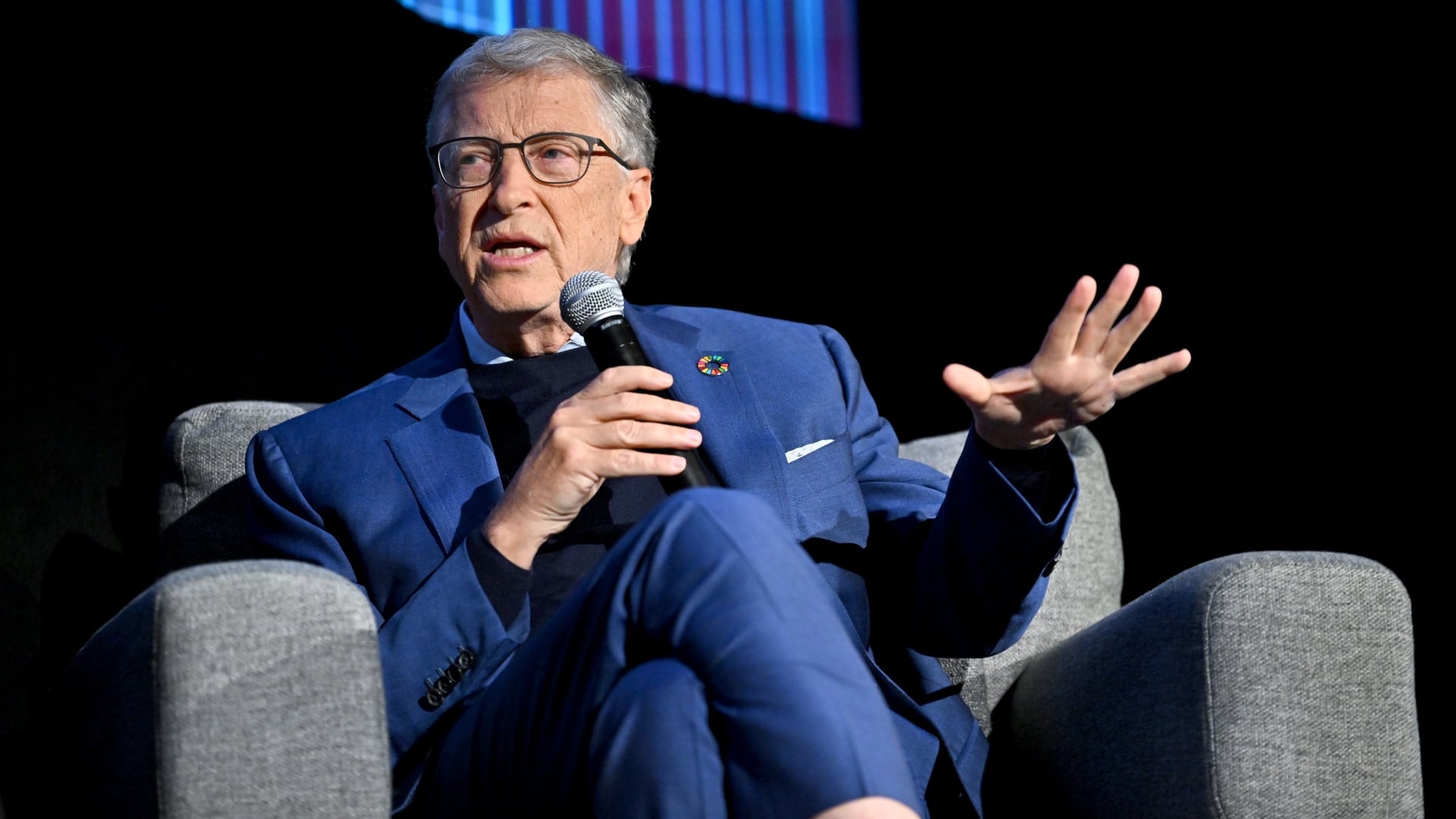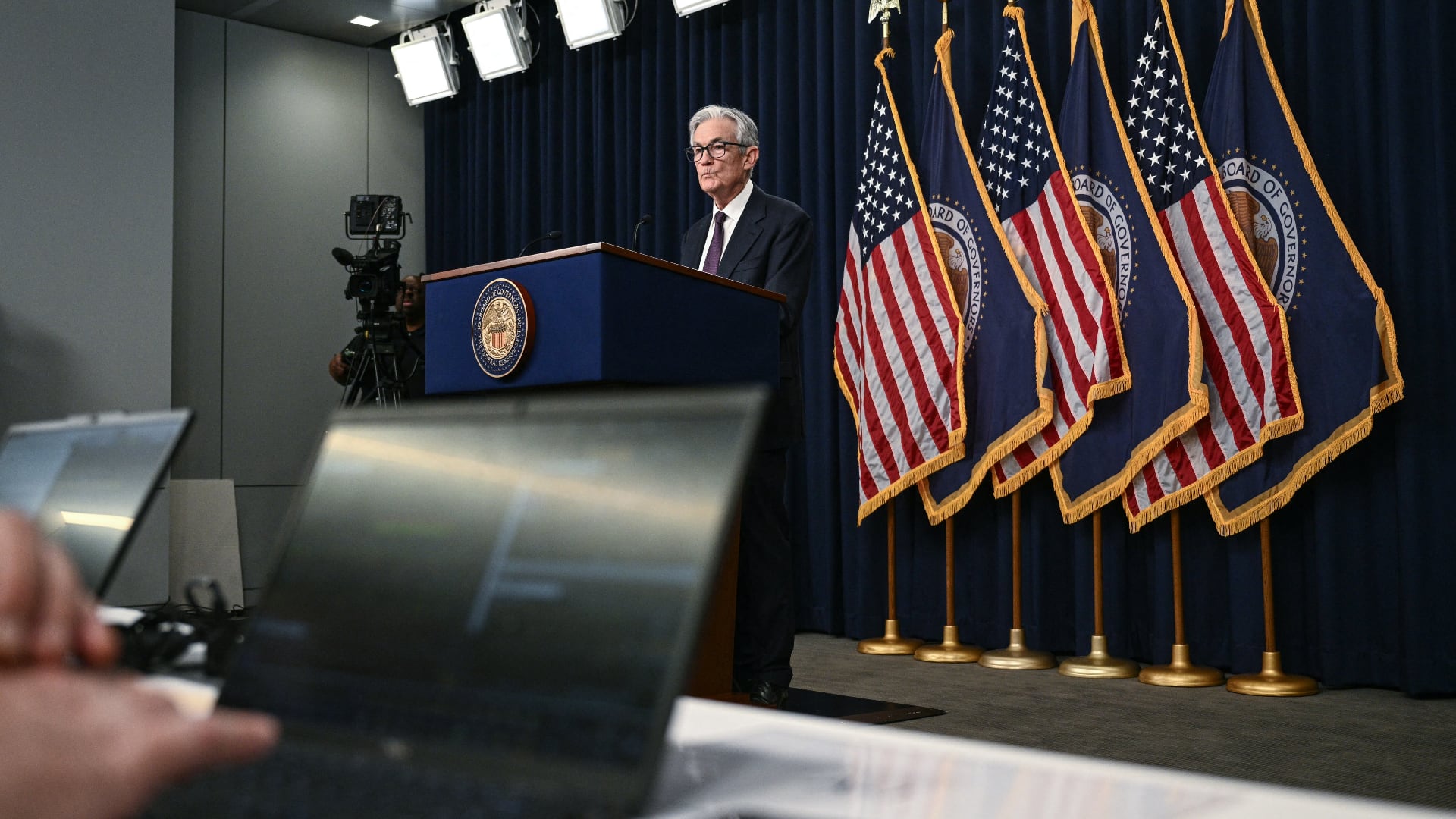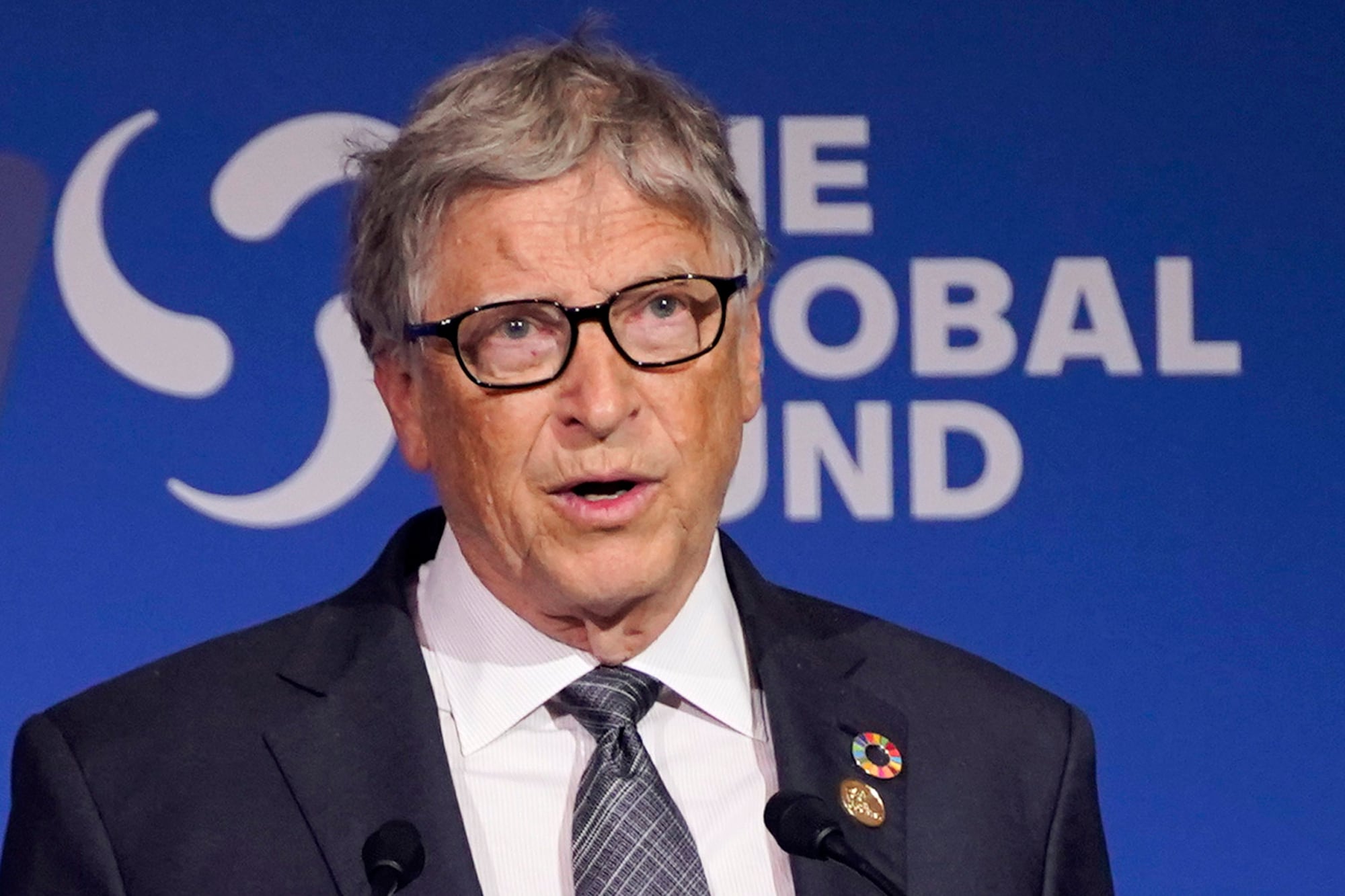Saudi Arabia has called an emergency virtual meeting of OPEC and its partner Russia for Monday, fueling hopes that the two leading members of the coalition known as OPEC+ will agree to slash oil production in response to swooning global demand.
The kingdom’s announcement came less than 24 hours after President Trump said that Saudi Arabia and Russia — the world’s No. 2 and No. 3 oil producers behind the U.S. — had agreed to cut production by 10 million to 15 million barrels per day.
Trump offered little evidence to back up the claim — and it quickly sparked furious speculation about whether Saudi Arabia and Russia, whose rivalry triggered the initial crash in oil prices last month, were truly returning to the bargaining table.
The meeting, first reported by Bloomberg, is set to occur just a few days after leading U.S. oil executives on Friday were scheduled to gather at the White House to discuss potential responses to the sharp downturn in oil prices.
Both meetings — and the prospects, however slim, of a coordinated response to the oil downturn — has spurred a sharp rise in crude prices. Brent, the benchmark for global markets and for U.S. gasoline, as of Friday morning had soared by roughly 40% from Wednesday to about $34 a barrel. West Texas Intermediate, the bellwether for U.S. shale oil producers, had leaped by more than a third to about $27 a barrel.
Prices of Brent and WTI are still about 33% and 40%, respectively, lower than at the start of March, when Saudi Arabia abruptly slashed prices and ramped up production after Russia refused to renew production cuts.
U.S. oil producers are debating several responses to potentially buttress prices. In addition to a glut of global supply, the worldwide response to the coronavirus, or COVID-19 — including travel restrictions, work-from-home requirements, and limits on shipping and tourism — has caused a steep dropoff in demand of as much as 35 million barrels daily.
Some companies are calling for shared production cuts, which has drawn furious opposition from others. The Trump administration has meanwhile floated the potential of imposing a tariff on oil imports and limiting oil exports, which has stoked pushback from two of the sector’s leading trade groups.
